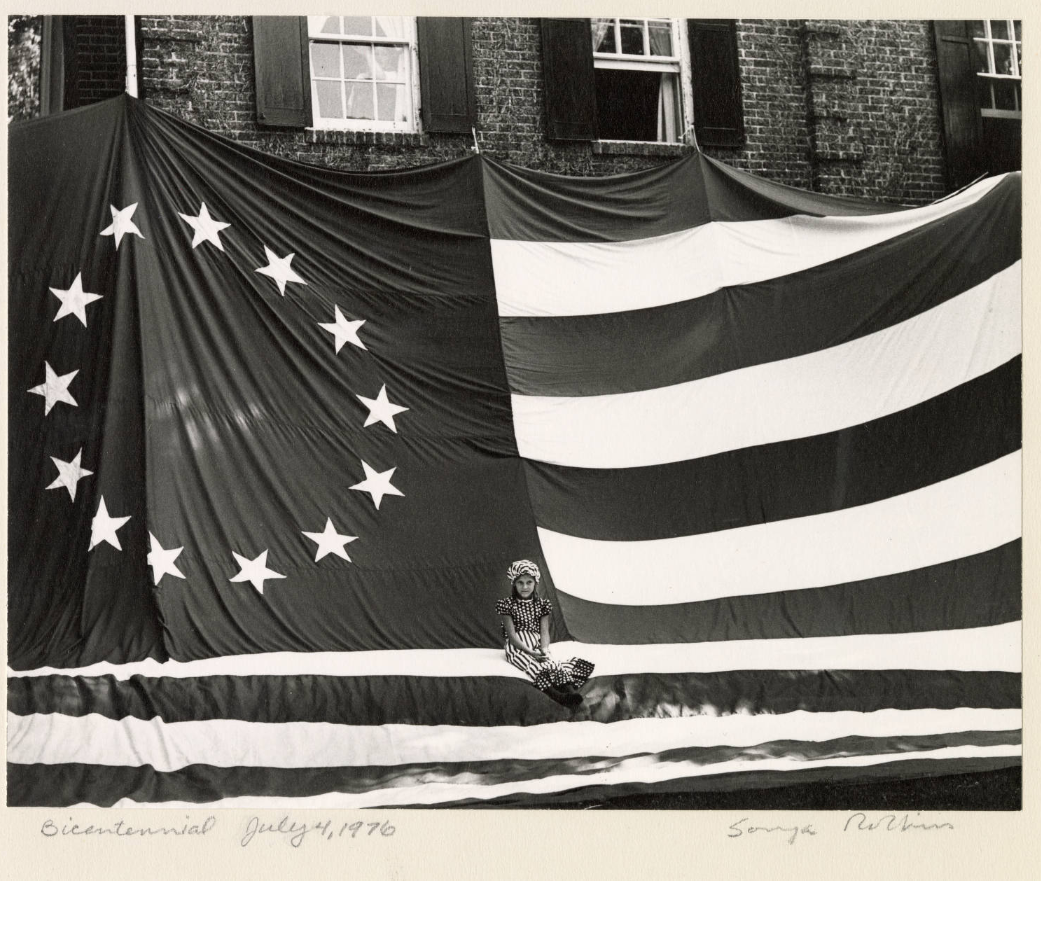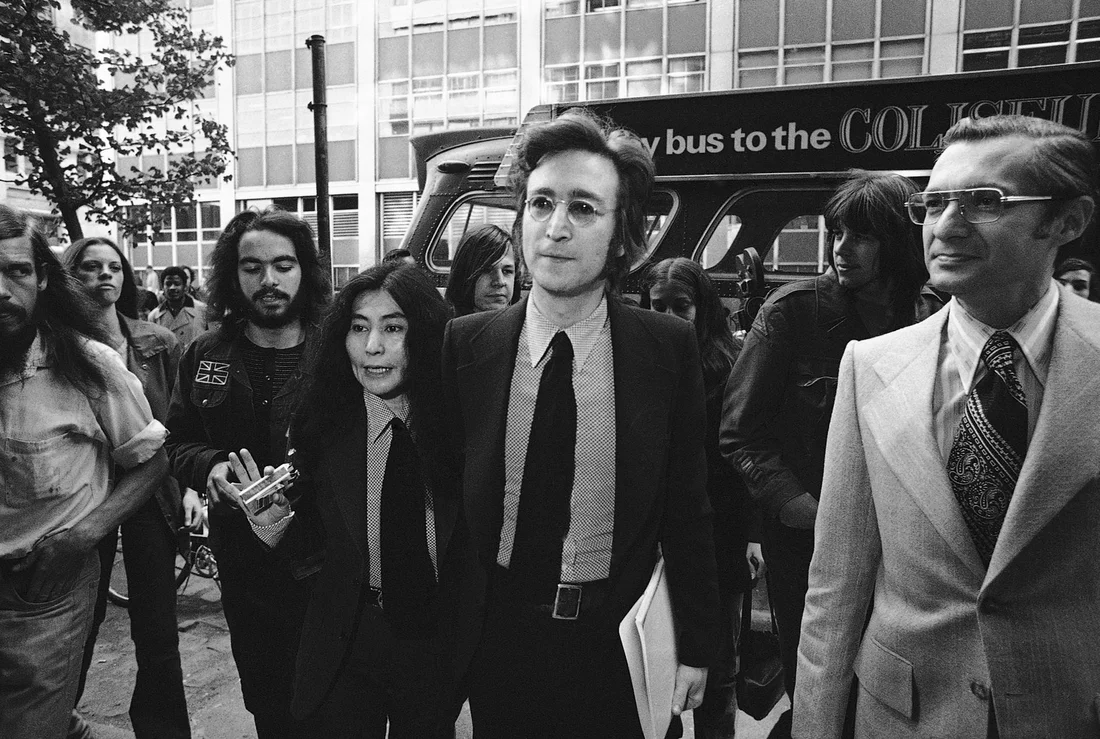“The month of July I recall as a sort of idyll. Me, and Alice, and Holly, and Gretchen, together most days finding things to do in Columbus.”— Diana, Summer, 1976
David Auburn sets Summer, 1976 against a backdrop of second-wave feminism, the United States’ 200th birthday, and a particularly hot July in Columbus Ohio. Here are a few of the events of July 1976, taking place in the background of Diana and Alice’s friendship.

“Girl on Betsy Ross Flag,” Submitted for Spirit of Ohio Bicentennial Photo Contest
July 1, 1976: Ralph Nader petitions Nuclear Regulatory Commission to ban construction of nuclear power plants near heavily populated cities.
July 2, 1976: The Provisional Government of South Vietnam dissolves and the former Republic of Viet Nam reunites with the Democratic Republic of Vietnam and forms the Socialist Republic of Vietnam.
July 2: The Supreme Court rules that the death penalty is not inherently cruel or unusual and is a constitutionally acceptable form of punishment.
July 4, 1976: The U.S. celebrates the bicentennial of the July 4, 1776 adoption of the Declaration of Independence from the United Kingdom. On July 6, Queen Elizabeth begins a “Bicentennial Tour” of the US; she is warmly received. On July 8, the New York Times publishes the article, “Few Blacks Inspired by Bicentennial.”
July 8, 1976: Richard M. Nixon, who resigned from office on August 9, 1974, becomes the first former president to be disbarred from the practice of law.
July 10, 1976: Comecon, the Soviet bloc’s economic organization, drafts joint energy, trade, and other economic goals for the next ten years; delegates from Vietnam and North Korea petition for food aid.
July 14, 1976: A 6.5 magnitude earthquake kills 573 people in Indonesia
July 15, 1976: Jimmy Carter is nominated for US President by the Democratic National Convention; selects Walter F Mondale as his running mate.

Jimmy Carter at the 1976 NDC

July 15, 1976: Pennsylvania sues the EPA for giving three Ohio steel mills license to pollute the Mahoning River
July 16, 1976: Nigeria begins a walkout of teams from the 1976 Summer Olympics in Montreal, as it withdrew its 45 Olympic athletes to protest New Zealand's “continued collaboration with racist South Africa,” following the June massacre of 575 school children in Soweto. Ultimately 17 African nations will withdraw their teams.
July 18, 1976: Nadia Comaneci of Romania becomes the first gymnast in Olympic history to receive a perfect score, for her performance on the uneven parallel bars.
July 20, 1976: Hank Aaron hits his 755th and final home run of his career; the record for most home runs would stand for 31 years, broken in 2007 by Barry Bonds.
July 20, 1976: The United States withdraws its last combat troops from Thailand and Indochina after 26 years.
July 21, 1976: The first color photos of Mars are transmitted to Earth.


Lennon on his way to immigration court
July 21, 1976: A bomb placed by the Irish Republican Army killed Christopher Ewart-Biggs, the British Ambassador to Ireland, as well as his secretary, Judith Cooke.
July 22, 1976: Japan made its last payment of war reparations to the Philippines for its actions during World War II.
July 27, 1976: Retired U.S. Air Force Captain Ray Brennan dies, having recently attended an American Legion convention in Philadelphia from a form of pneumonia that would eventually be recognized as the first outbreak of Legionnaires' disease.
July 27, 1976: English rock musician John Lennon is granted permission by the U.S. Immigration and Naturalization Service to become a permanent resident alien of the United States.
July 29, 1976: New Yorker Donna Lauria is killed in the first attack by the killer who would become known as the “Son of Sam.” David Berkowitz will be arrested in 1977 for the attack.